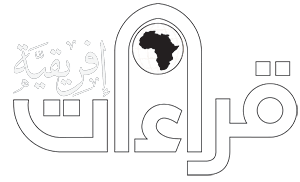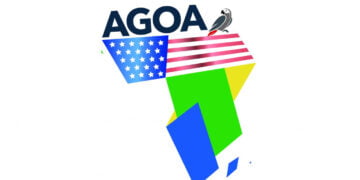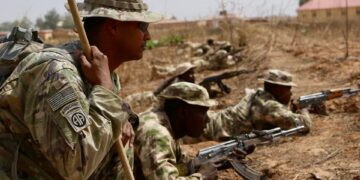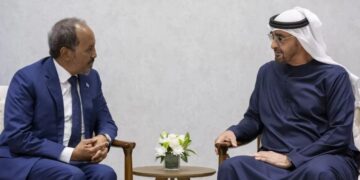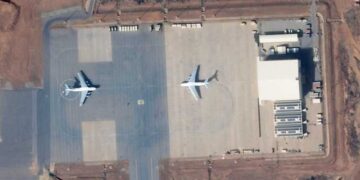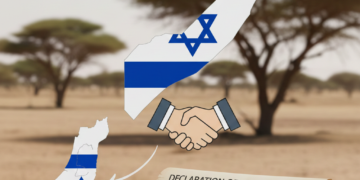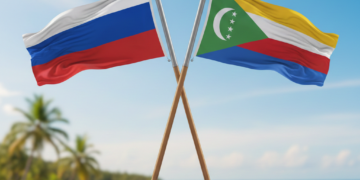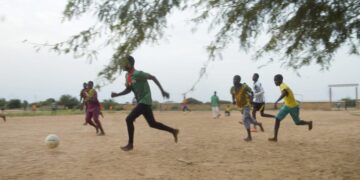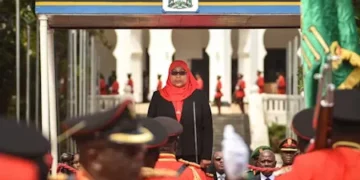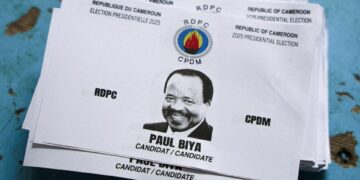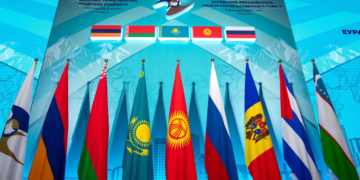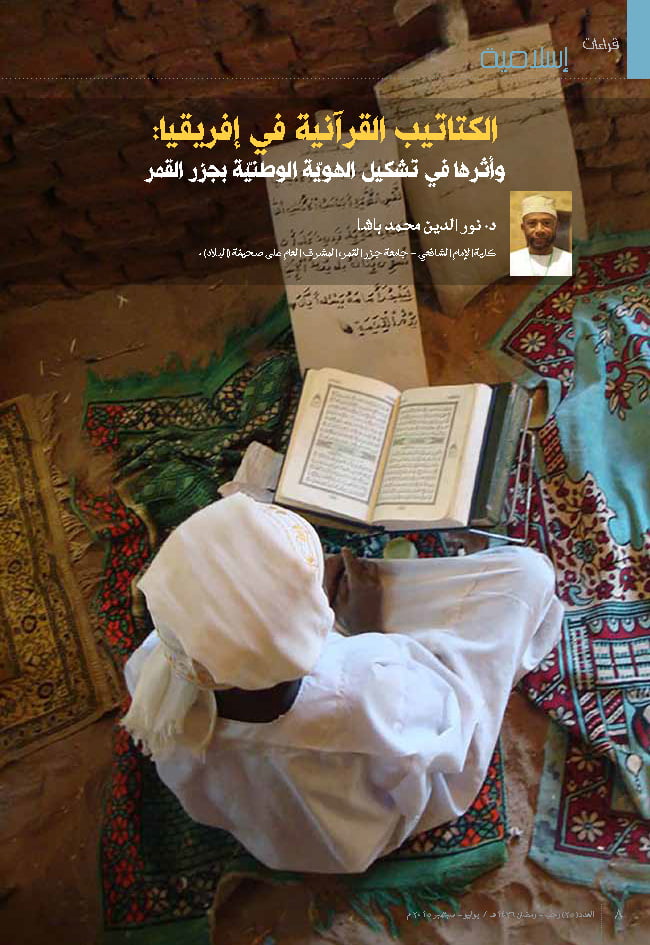Abstract: Quranic schools were established in the Comoros with the advent of Islam. They constituted the first educational system witnessed by the people there, so they rushed to send their children to them. Hence, they became the main heaven of forming the components of the national identity of the Comoros and its pure elements, with its national, religious and cultural dimensions. They served as a fusion tub to melt ethnic, tribal and racial groups into a single unified fabric. Thus, they planted the meanings of the united homeland, under the umbrella of the Arab-Islamic identity, and encouraged putting aside all affiliations that may divide the society’s structure. Side by side with religious lectures in the mosques, the Quranic schools continued to teach the basics of the Arabic language, the pillars of the Islamic religion, and its specialized knowledge in accordance with the Sunni school of thought. The Quranic schools worked also to install values of religious tolerance in the Comorian people and to consolidate a unified system of moral values in their life, especially with regard to veneration for holy symbols of Islam, loyalty to the believers, and respect of the other’s point of views. However, the foreign-based education is still attractive in fulfilling the requirements of contemporary life, even though it destroys the elements of national identity of the Comorian people. The solution lies in the modernization of Quranic schools, and we hope that the initiatives of civil and private sectors will take this responsibility, with the support of interested Islamic associations and organizations.
الملخص: دخلت الكتاتيب القرآنية إلى جزر القمر بصحبة الإسلام، فكانت أول نظامٍ تعليميّ يشهده الوطن القمري، وتسابق القمريون إلى بعث أولادهم وبناتهم إليها، ولهذا كانت في الماضي هي الحضن الأول والآخر لتشكيل مكونات الهوية الوطنية القمرية وعناصرها النقية، بأبعادها الوطنية والدينية والحضارية، المتمثلة في: صهر الإثنيات والعرقيات والقبلية في نسيجٍ واحدٍ متّحد، وزرع معاني الانتماء للوطن الجامع، في كنف الهوية العربية الإسلامية، وتجاوز ما سواهما من انتماءات تفرق بنيان المجتمع. وقد اجتهدت الكتاتيب القرآنية، بجانب حلقات العلم الشرعي في المساجد، في المحافظة على تدريس مبادئ اللغة العربية وتعليم أصول الدين وفروعه وفق منهاج أهل السنّة والجماعة. كما عملت الكتاتيب القرآنية على زرع قيم التدين السمح وتثبيته في النفوس، وترسيخ منظومة موحدة للقيم الأخلاقية في حياة الشعب القمري، خصوصاً ما يتعلق منها بقيم الاحترام والتوقير وتقديس المقدس، والولاء للمؤمنين والبراءة من الكافرين، واحترام الأجنبي والآخر (المخالف). ومع كل ما سبق فإنّ التعليم الأجنبي القائم جاذب لمتطلبات الحياة المعاصرة، برغم أنه هادمٌ لمقومات الهوية الوطنية للشعب القمري، والحلّ كامنٌ في عصرنة الكتاتيب القرآنية، والأمل معقود على المبادرات الأهلية والخاصة، وعلى دعم الجمعيات والمنظمات الإسلامية المهتمة بهذا القطاع.
